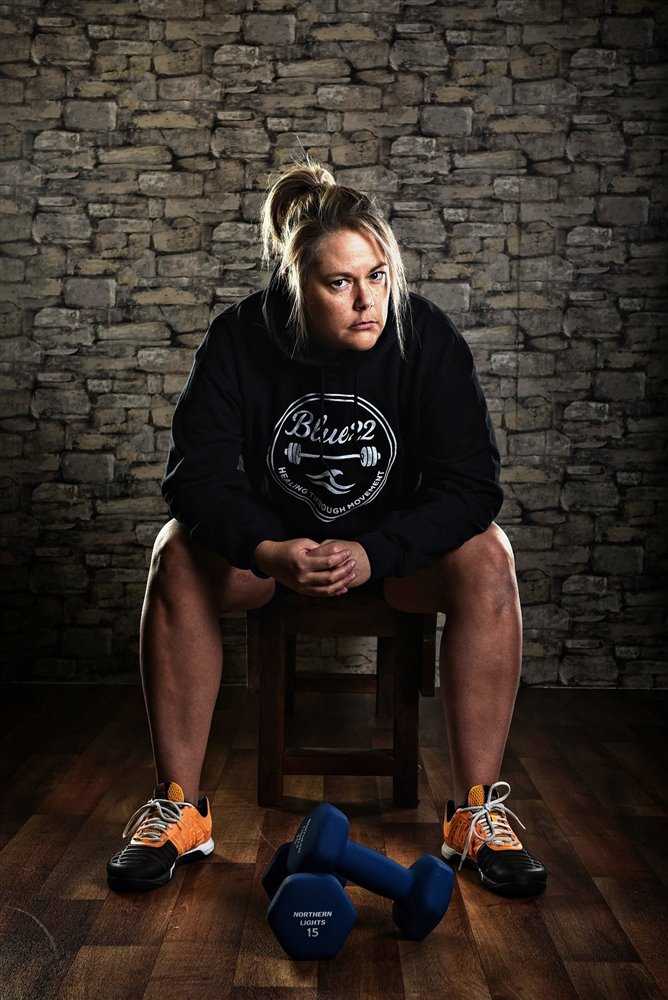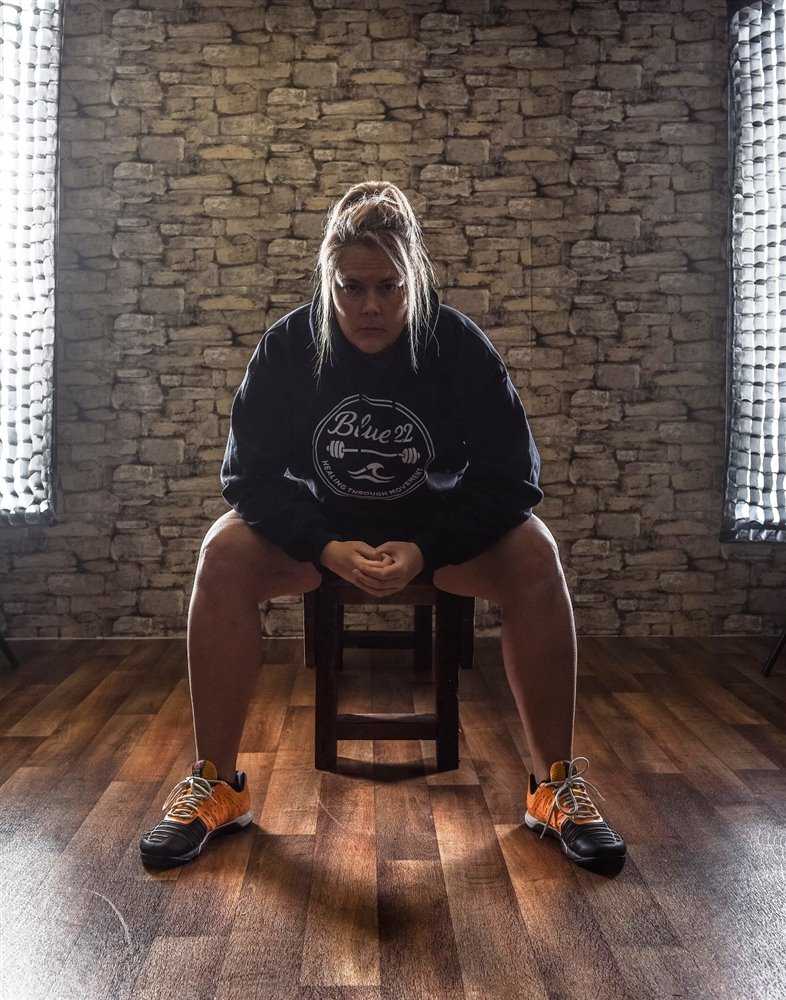
Blue22 has everything you need to succeed.
We are a leading provider of personal training, water therapy, and swimming lessons. We are located in Guelph, Ontario, Canada.
Our experts are here to provide you with the top-notch services and products that can transform your life.
At Blue22, we are dedicated to helping you achieve your fitness and wellness goals.
Whether you are an experienced athlete, just starting out, or beginning again - Blue22 has you covered.
Welcome.

Blue22 is a personal training studio that bridges rehabilitation, mobility, strength,and mental well-being. We believe movement should feel safe, empowering, and sustainable - not punishing oe intimidating, Every session is intentional, adaptive, and client-centered, supporting long-term health and confidence in the body.
Blue symbolizes calm, trust, and nervous-system regulation.
22 reprensents rebuilding, resilience, and starting again with strength and self-belief.
Blue22 Ideal Client
Blue22 is for people who want to move better, feel stronger, and heal - physically and mentally.
Our ideal client is someone who:
• Is recovering from injury, surgery, chronic pain, or burnout
• Feels disconnected from their body due to stress, trauma, or life transitions
• Has tried gyms before and felt overwhelmed, judged or unsupported
Values rehabilitation - focused, low-ego, high care training

